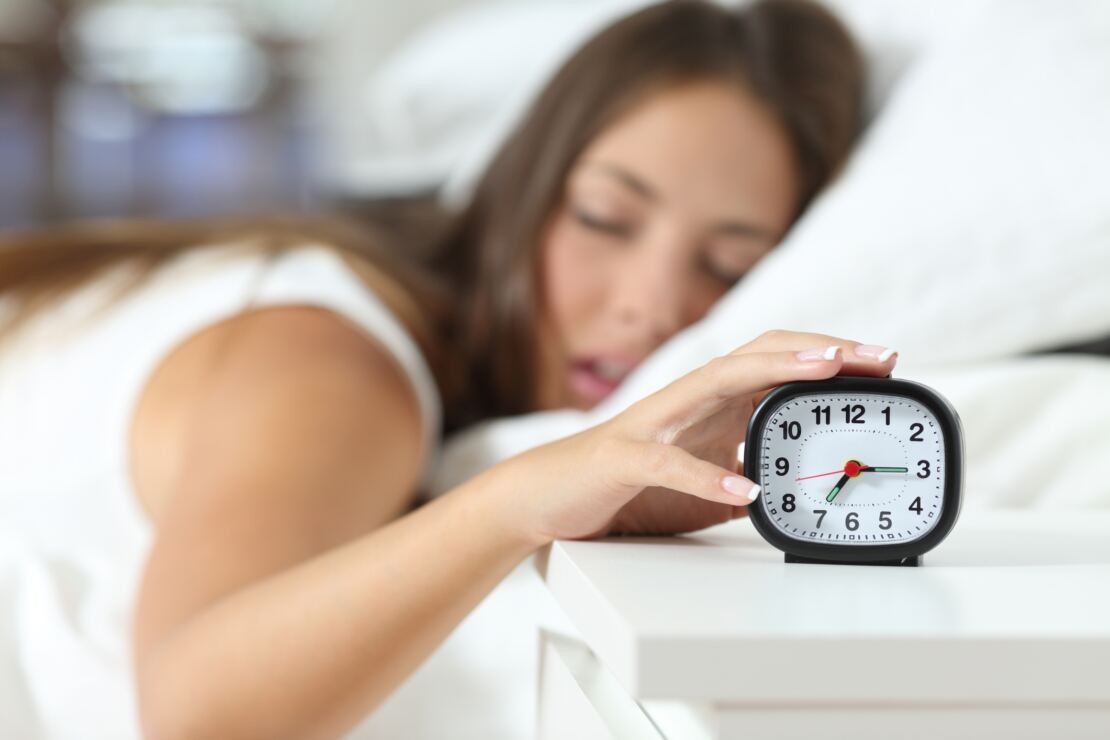Discover why duvet days might not be doing you any good.

Increased inflammation
Inflammation or swelling in the body is measured by levels of cytokines, also known as C-reactive proteins (CRP). Many studies have discovered the link between oversleeping and increased CRP levels, with one research paper finding that females who sleep more than eight hours had 44% more of the proteins. Research from 2009 suggests that CRP levels increase by 8% for every additional hour of sleep.
Higher risk of stroke
Research from the University of Cambridge found people who sleep more than eight hours a night were 46% more likely to have had a stroke. People whose sleep duration had increased during the 11-year study were four times more likely to experience a stroke than consistent sleepers. The results suggest that longer sleep times could be an early warning sign of a stroke.
The depression cycle
While resting longer than necessary is considered a symptom of depression, the extra hours in bed can contribute to poor mental health too. For some, sleep can be used as a form of escape that prevents them from addressing their mental health problems. Although many people with depression are affected by insomnia, 15% of those with poor mental health tend to oversleep.
Increased weight gain
A Canadian study of people’s lifestyle habits found that both short and long sleepers are more likely to experience a significant weight gain. In fact, people sleeping for more than nine hours were 21% more likely than normal sleepers to become obese during the six-year study. Other behaviours associated with oversleeping, such as missing breakfast or sleeping late, could also contribute to gaining weight.
Impaired fertility
Regularly lying in can affect a woman’s chance of conceiving. A Korean study found that 53% of women sleeping between seven to eight hours a night were the most successful when undergoing in vitro fertilisation. Of those sleeping six hours or less, 46% fell pregnant, while pregnancy rates were at 43% for women sleeping nine to eleven hours. A disruption to the circadian cycle can play havoc with the release of hormones that affect pregnancy.





